Cold War Trauma: How 'The Day After' Defined GenX
On the last visit to my millennial dentist, he asked me, “Do you grind your teeth at night?”
“Of course I do!” I said.
He smiled slightly and asked, “What do you mean by ‘of course’?”
“Because I was raised Catholic by Depression era parents during the Cold War,” I replied. “Grinding my teeth keeps me sane!”
Okay, this is revisionist, reductionist, and meant to be funny, but it’s also true. Setting aside the financial and religious stresses I reference, GenX has either forgotten or flawlessly compartmentalized how potential nuclear annihilation provided the subtext of our childhood. Nothing captured this dread better than ABC’s Sunday Night Movie, The Day After, which aired 42 years ago today, on November 20, 1983.
The movie tells the tale of a Russian ICBM attack on Lawrence, Kansas, targeting the nearby Minuteman missile silos. And everybody watched it. 100 million Americans—out of 234 million population at the time—saw The Day After the night it aired. It was a cultural phenomenon, like the Super Bowl of radiation.
As GenX’ers, we constantly wring our hands about phones and social media scrambling our kids’ brains. But we rarely discuss what scrambled ours despite growing up under the looming thunderhead of atomic hostility.
Recall the context of the era. Most of our dads served in World War II, Korea, or Vietnam. We barely missed the draft, and a 1981 NBC/Associated Press survey found that 76% of Americans believed a nuclear conflict was “likely” within a few years. Seventy-six percent!
At school, we practiced ducking-and-covering in case of an H-bomb strike. The nuns told us to hide under our desks, then we all pretended that a half-inch of composite wood could protect us from nuclear fission.
God knows what kind of unease today’s kids absorb from their school shooter drills. But let’s not pretend that ‘the Ruskies are coming!’ didn’t leave a mushroom cloud-shaped bruise on our pre-pubescent psyches.
I remember collapsing into tears one night at the dinner table while the family discussed the Iran hostage crisis, c. 1979. Also around this time, I would have days-long spells where I was overcome with doom and guilt. It wasn’t depression, as I seem to have dodged that bullet, thank goodness. I think it was fear. I was just fucking scared. All the time.
I tried to reason my way out of it. I would go to my room and think: “What are you scared about? Why do you feel guilty? You haven’t done anything wrong.” Without knowing, I was self-administering cognitive behavioral therapy. The bouts eventually stopped.
Fast forward to the fall of 1983. I was a freshman in high school, and the imminent apocalypse dominated pop culture. Earlier that summer, Matthew Broderick starred in War Games as a computer hacker who almost launched a thermonuclear barrage on the Soviet Union with his Pong machine and a 300-bps modem.
Also that year, Pink Floyd released The Final Cut, on which the closing track Two Suns in the Sunset foretold the nuclear “holocaust to come.” For some masochistic reason, my older brother and I played this album incessantly on the combo turntable/cassette player in our shared bedroom.
When ABC started promoting The Day After, the parents at our church organized a potluck supper so families could watch together and “talk it through.” On one hand, this demonstrates how engaged our parents were with us and the strong social ties the church fostered. On the other hand, we tail-gated for Armageddon.
The children fought over fried chicken and lemon bars while Dads in argyle sweater vests mumbled, “This could totally happen” or “Jobeth Williams makes one saucy nurse.”
Looking back, the event practically begged for pharmaceutical sponsorship:
The Day After: brought to you by Xanax. You don’t know what it is yet, but trust us—you’re gonna need it!
Perhaps I should take a little Vitamin X because I still harbor this youthful angst. I can zoom out and see that my life is objectively amazing, but I walk around with some low-grade agita. As if, somewhere in my world, someone has left a faucet dripping. But I just can’t find the thing. (Not that I could fix it if I did.)
So, powerless over geopolitics, I exert my control over trivial stuff. I load the dishwasher like a Swiss watchmaker. I keep my phone charged to 100%, prune my email inbox like a Bonsai tree, and get to the airport 3 hours before my flight.
And sometimes, I grind my teeth. Why? Because that’s how I exert order onto a chaotic world on the brink of war.
Gen Z should give it a try.
THE END.
↓↓↓↓↓ Keep reading ↓↓↓↓↓
This week in podcasting, I talk college admissions with Jeff Selingo, author of Who Gets In and Why and the new book, Dream School: Finding the College That’s Right for You. The book reframes the college search process in a very healthy way and gives the reader ample reason to believe there is a great college out there for their kid, even if they don’t get into Harvard!
Check out our conversation on Apple Podcasts or Spotify.
That is all - have a wonderful day!
xoxo
PMO


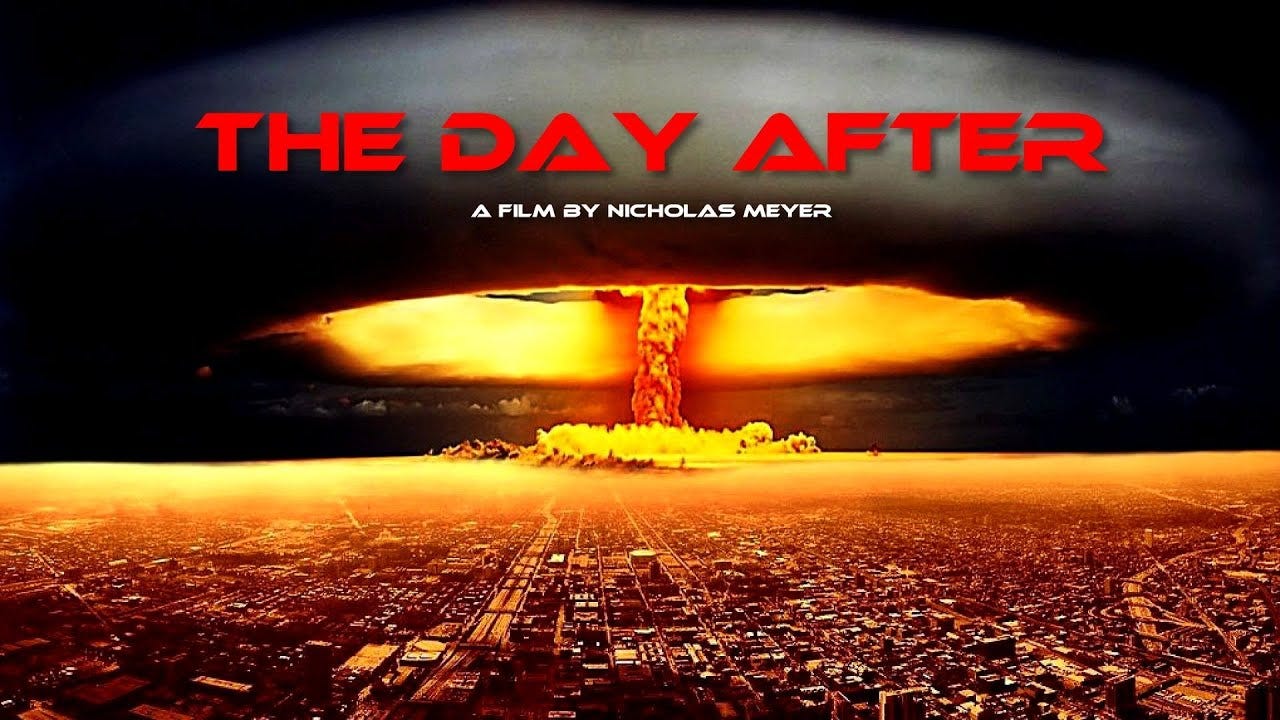
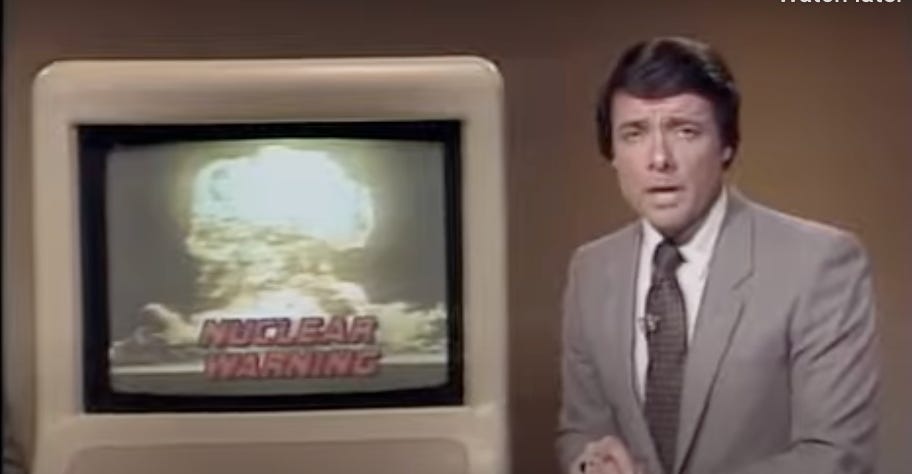
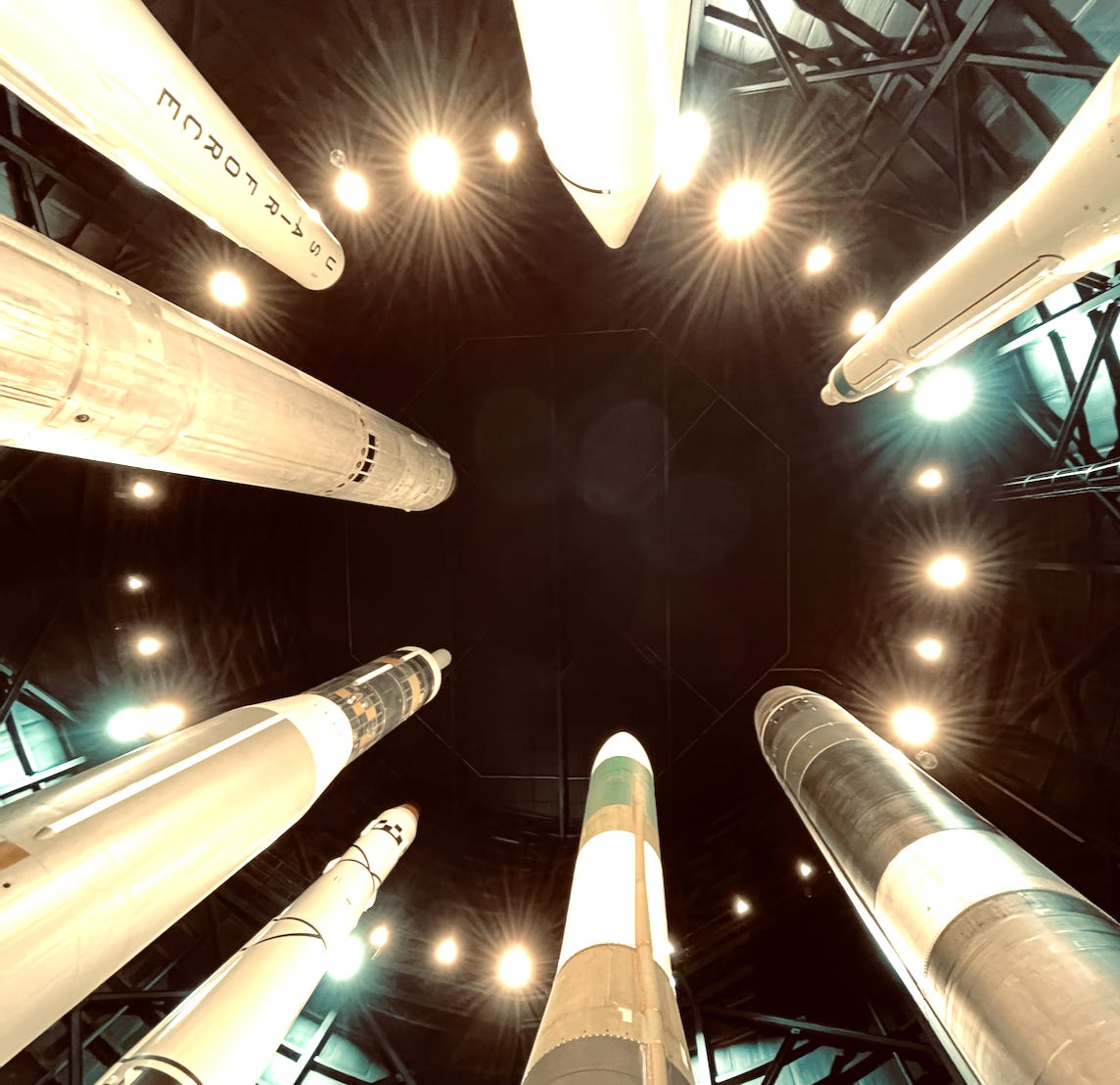
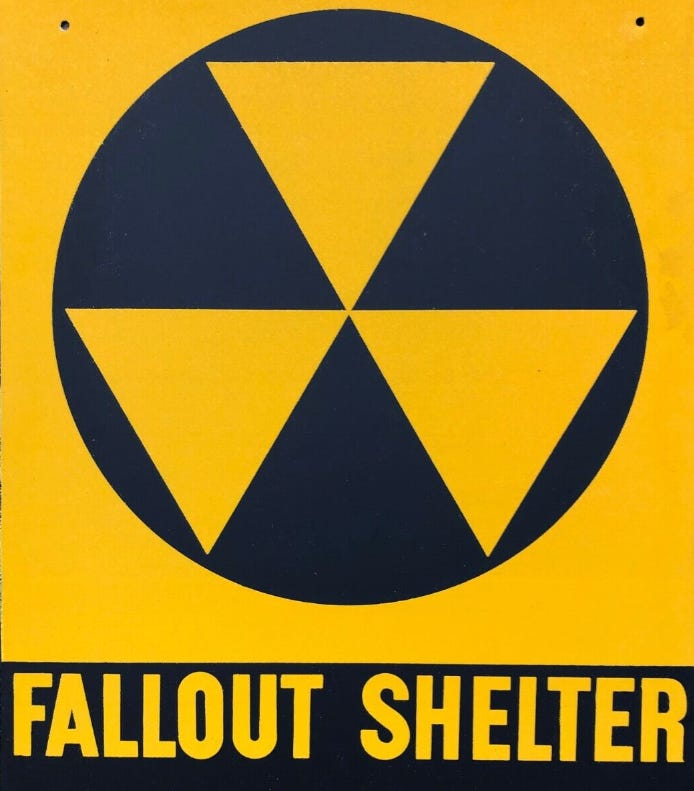
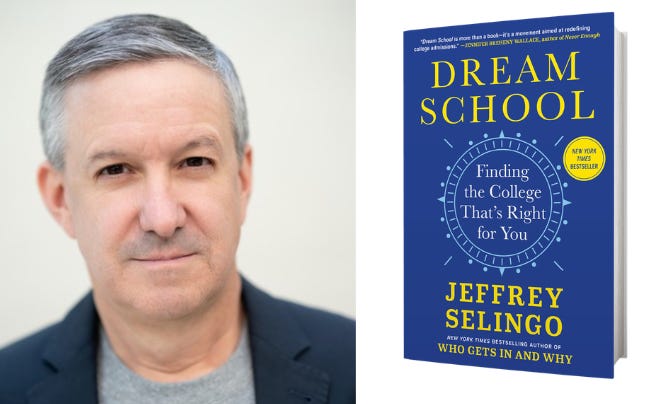
Love this SOOOO much. Wired AF
I grew up in Washington DC. I remember NORAD false alerts in the late 70s and early 80s. And the first Wednesday of the month siren tests. The novel *Alas Babylon* was a notable low point in my expectations of surviving.